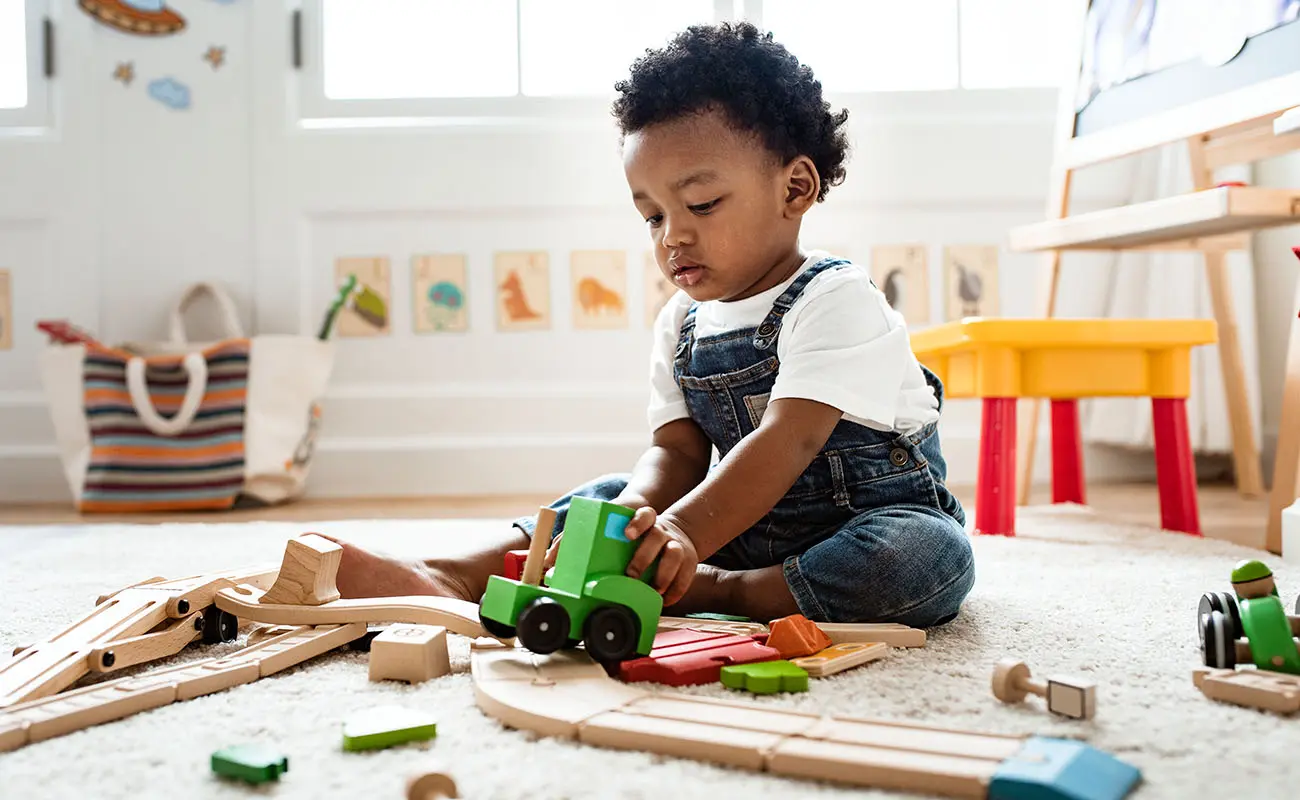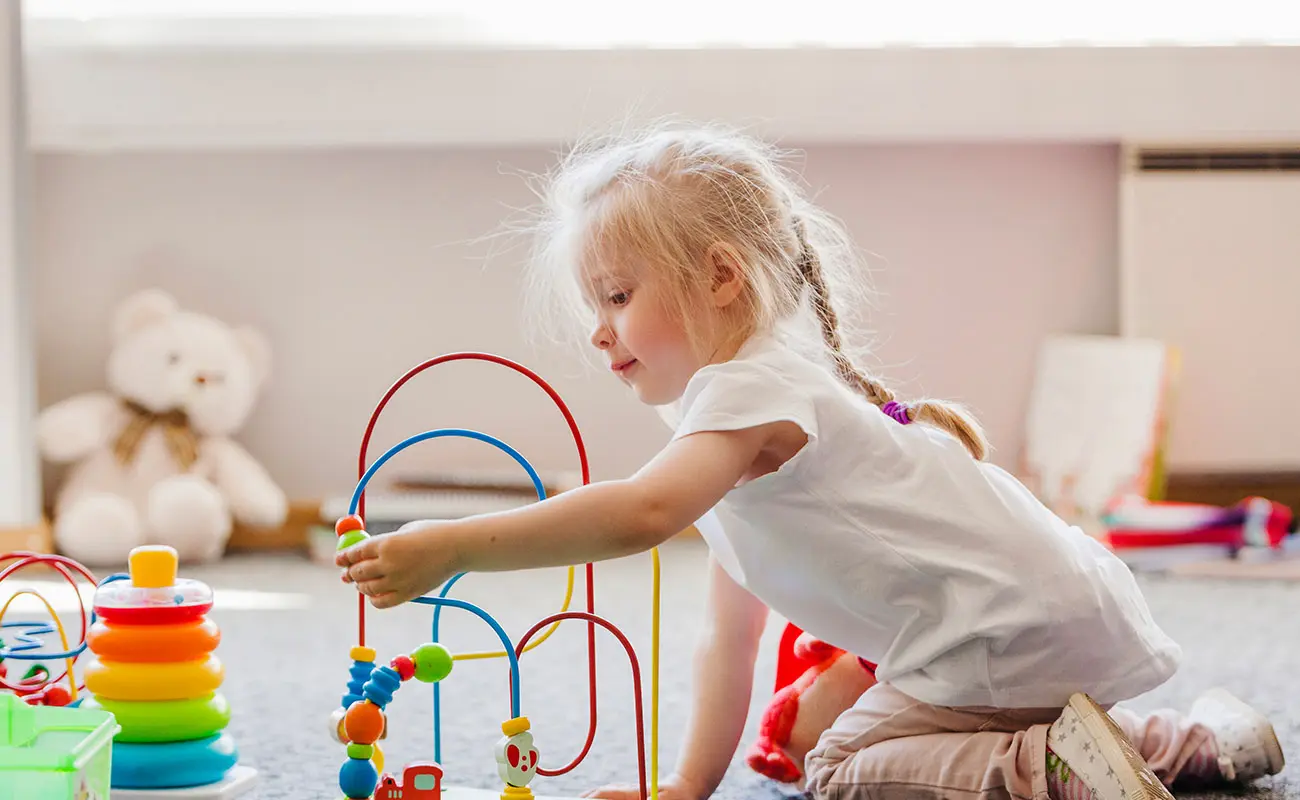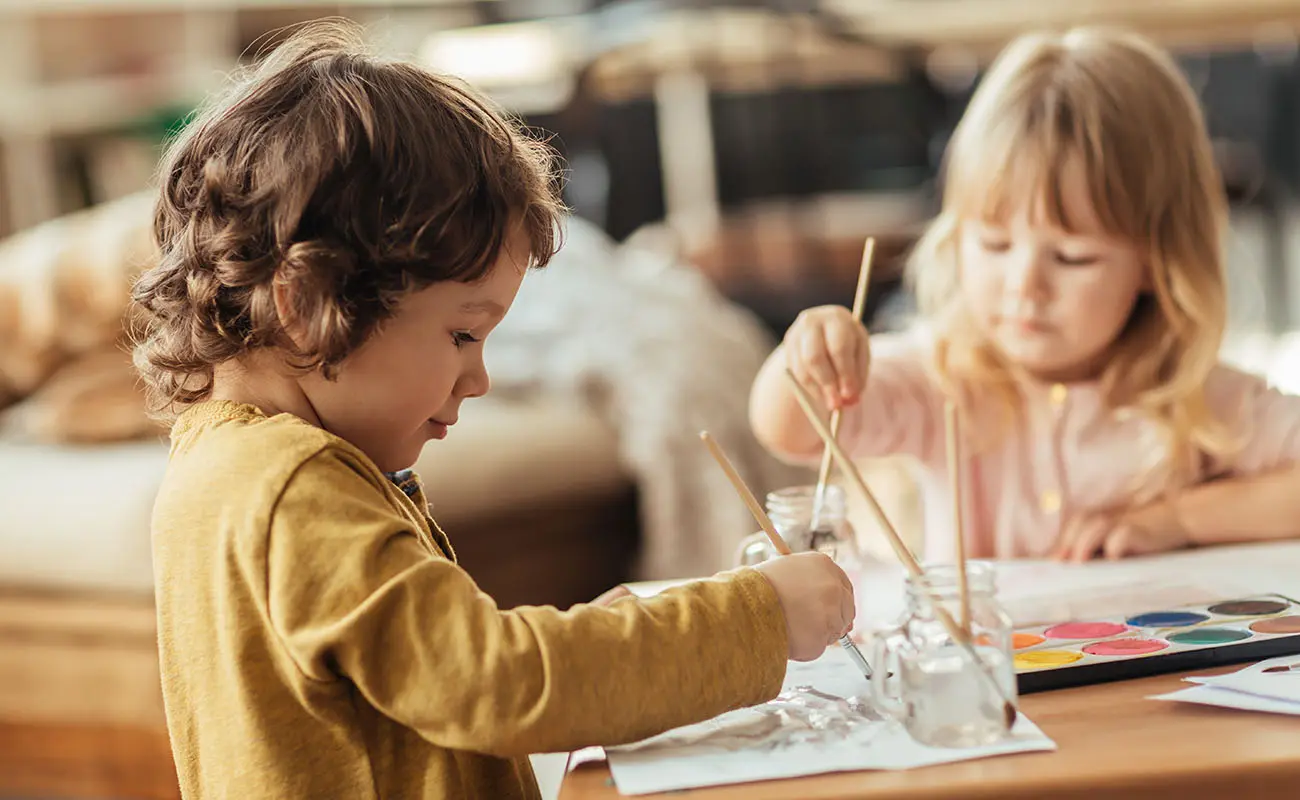6 Years And Above
developmental milestones and their importance
Your baby’s first smile, first word, first step – as a parent, these are all special moments that you will treasure for a long time. Did you know that these little moments of joy were also important markers of your baby’s development? Your paediatrician or child care specialist would call them by a more sober name – Developmental Milestones.
- Developmental milestones are a set of functional skills or age-specific tasks that most children can do at a certain age
- They are behavioural and physical checkpoints in a child’s development.
These milestones can be used as a framework to identify children who may be at risk for developmental delay. Developmental delay occurs when a child exhibits a significant delay in the acquisition of milestones in one or more domains of development. Early detection of developmental delays allows for early interventions and support.
Download our mobile app to access ‘The Milestone Tracker’ and check whether your child meets the milestones in the relevant age-group. If a risk of developmental delay is detected, you can opt for expert support from our clinical team and start an early intervention program.
Read on to know more about the milestones in the age-group you have selected. Please note that even within the broad confines of milestones, each child is unique and the timelines can vary.
6-8 Years
Physical Development
- Baby teeth start to fall around age 6 which is to be replaced by permanent teeth
- A sense of body image begins to develop
Cognitive Abilities and Learning
- Starts to show fast growth in mental ability
- Learns to describe experiences and talk about feelings and thoughts
- Understand the concept of numbers and begin to be able to tell time
- Begin to read books right for their age
Social/Emotional Abilities
- Puts more importance on friendships and team-work
- Develops more independence from parents and family
- Peer-acceptance becomes more important
- Develop the social skills to start playing organised games and sports


9-11 Years
Physical development
- Become more coordinated and get better at things like catching, throwing, kicking and balance
- The first signs of puberty
Cognitive Abilities and Learning
- Writing is neater and can put ideas in writing
- Starts reading more complex and longer books
- Develop more interests and may begin collecting or starting new hobbies
- Able to see point of view of others
Social/Emotional Abilities
- Become more aware of body as puberty approaches
- Forms stronger and more complex peer relationships
- Hanging out with friends becomes important. Boys will often want to be with other boys and girls with other girls.
- Peer pressure becomes stronger




